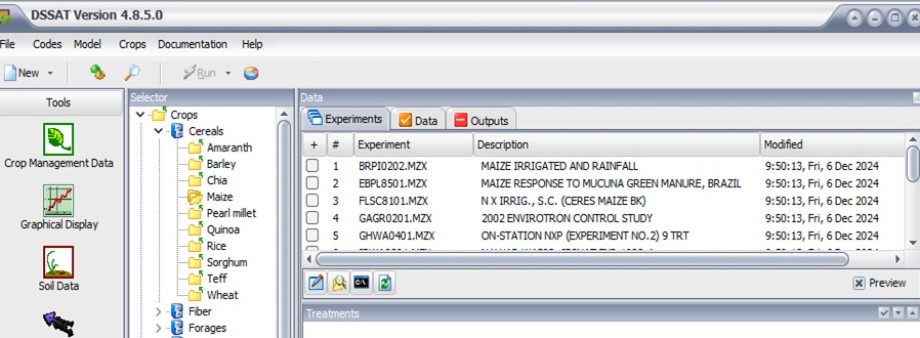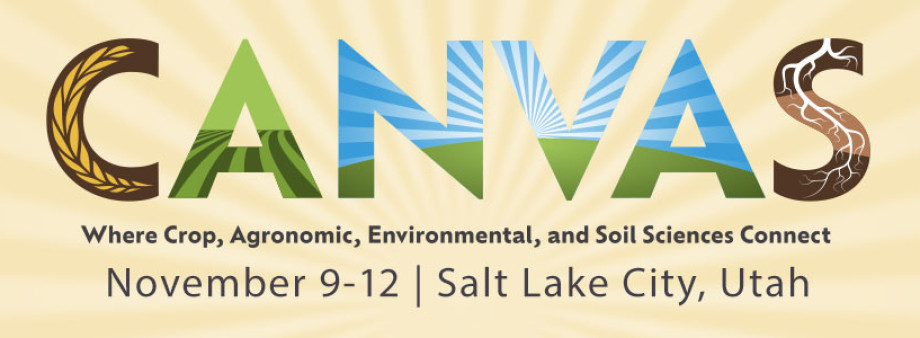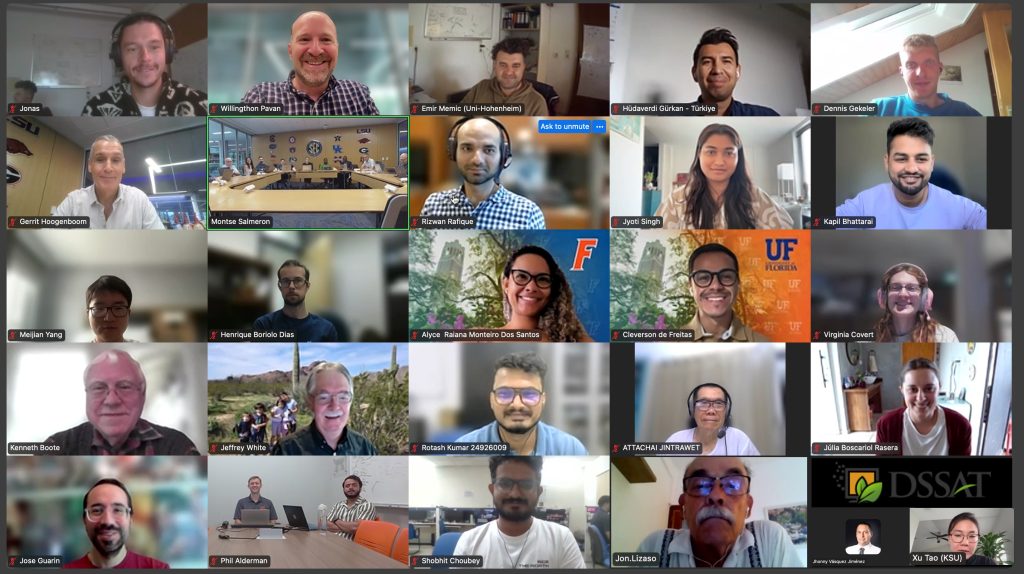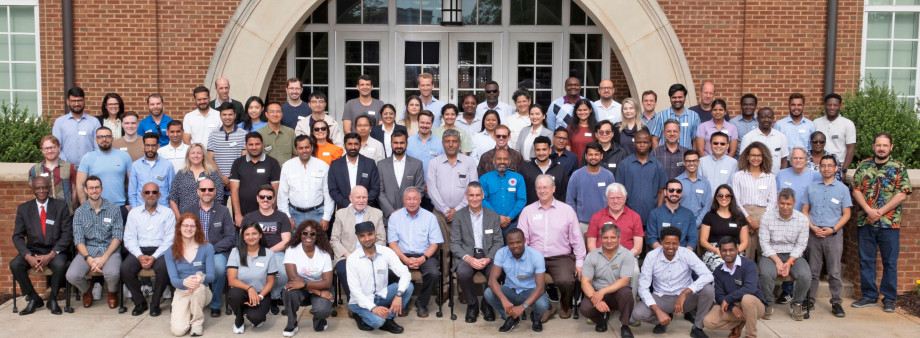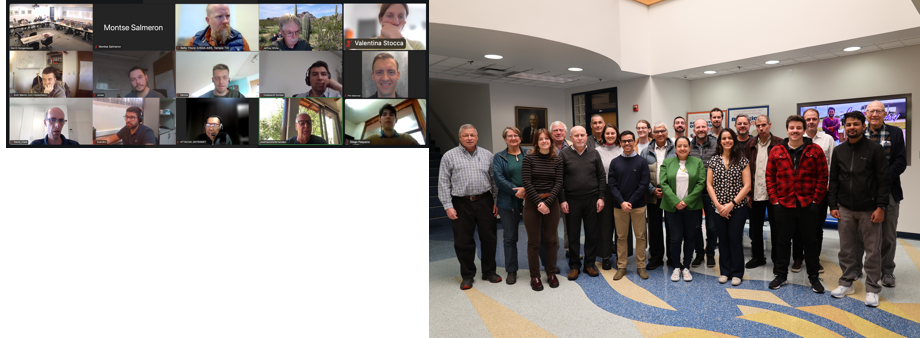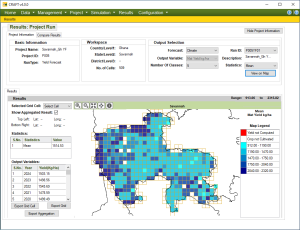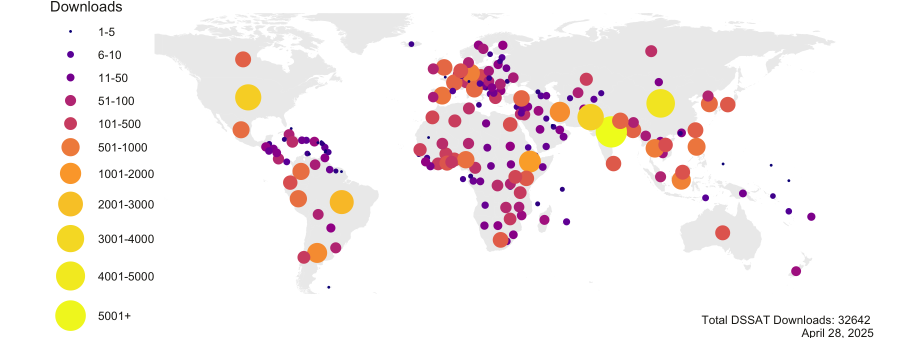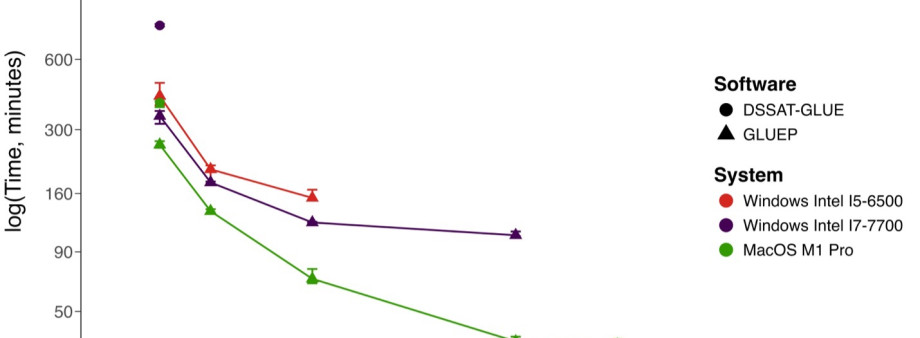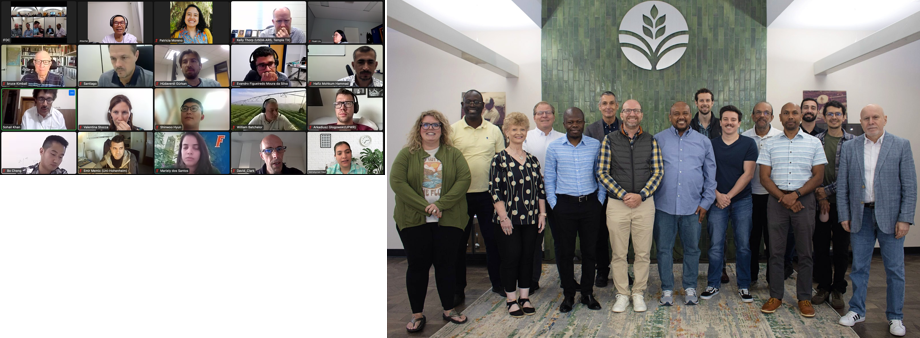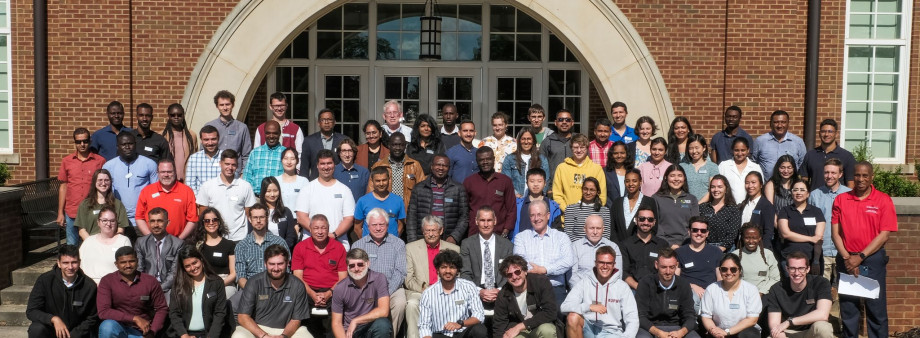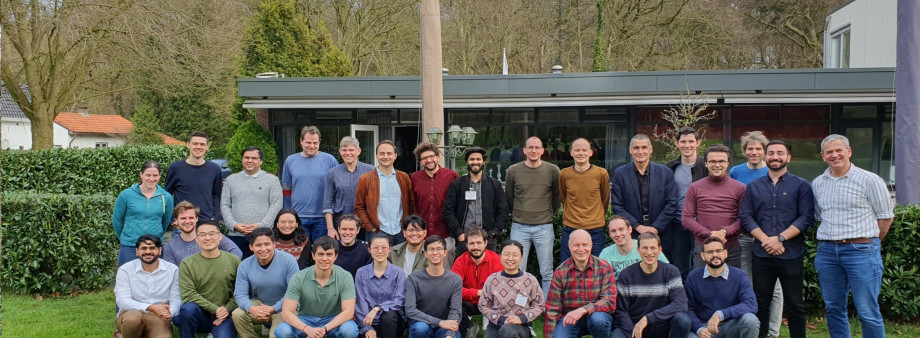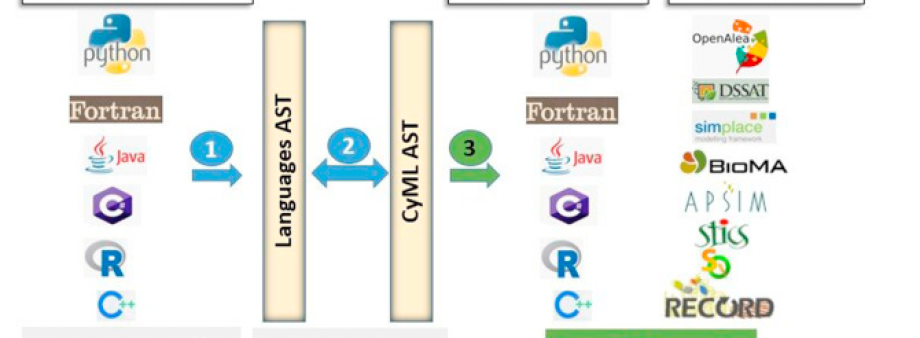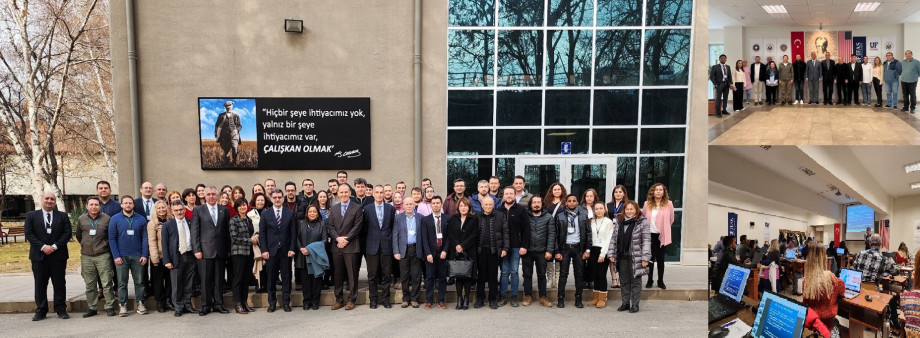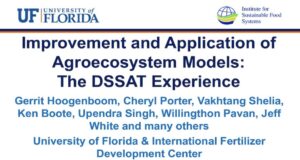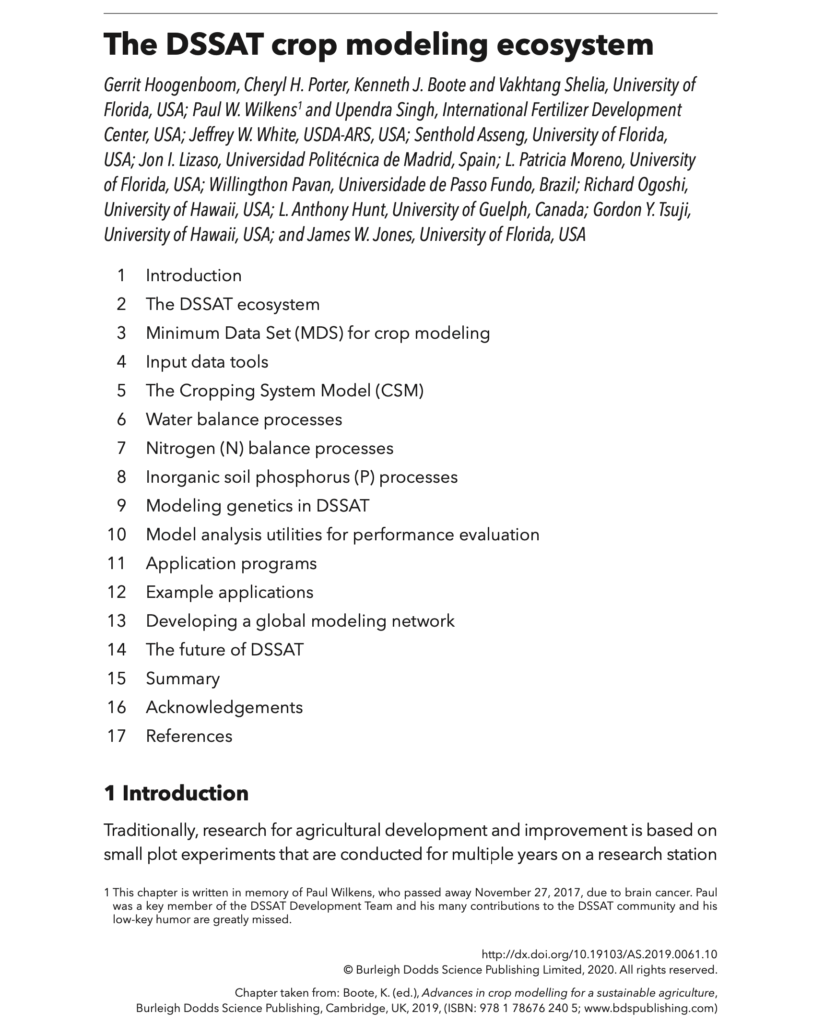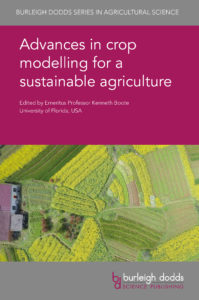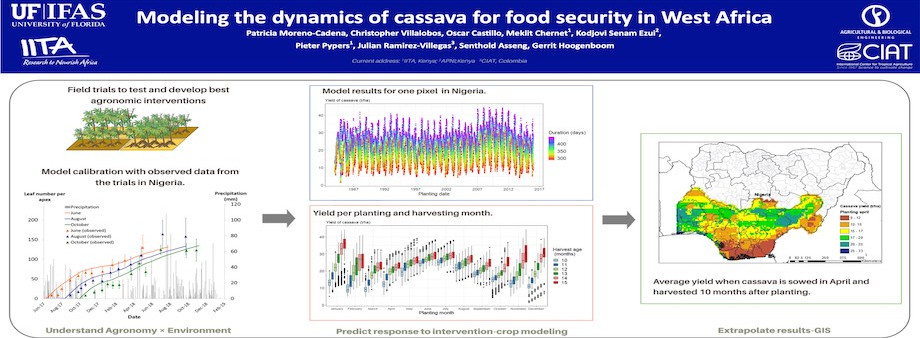AgMIP10 – Responding to Climate Change Urgency
We are excited to announce that the AgMIP10 website is live and registration is open for the upcoming global workshop at the International Maize and Wheat Improvement Center (CIMMYT) in El Batán, Mexico from March 31-April 4, 2025. You can access the site here. The tagline of AgMIP10 is Responding to Climate Change Urgency. The meeting will feature […]
International Crop Modelling Symposium (iCROPM2026)
The next edition of the International Crop Modelling Symposium (iCROPM2026) will be held in Florence, Italy, from February 2 to 4, 2026. Six years after the last symposium in Montpellier, France (iCROPM2020), international experts, researchers, agronomists, and policymakers will meet again to discuss the latest innovations and identify new challenges and opportunities in crop modelling […]
Enhancing crop model parameter estimation using the GLUE method and parallel computing
We recently published a manuscript entitled “Enhancing crop model parameter estimation across computing environments: Utilizing the GLUE method and parallel computing for determining genetic coefficients” in Computers and Electronics in Agriculture. The study describes improvements in the Generalized Likelihood Uncertainty Estimation (GLUE) program, introducing a new parallel computing system for calibrating genetic parameters within the crop […]
27th Annual Open Forum on Crop Modeling and Decision Support Systems
The DSSAT Foundation will be sponsoring the 27th Annual Open Forum on Crop Modeling and Decision Support Systems during this year’s ASA-CSSA-SSSA 2024 International Annual Meeting. The forum is scheduled for Monday night, November 11, 2024, from 7:30 – 9:00 pm in Room La Reina on the second floor of the Hilton Palacio del Rio Hotel, San Antonio, Texas. The forum […]
15th AMEI Development Sprint at INRAe, Montpellier, France
Between September 9-13, 2024, the DSSAT team from the University of Florida (UF) participated in the 15th AMEI Development Sprint in Montpellier, France, hosted by the Laboratory of Ecophysiology of Plants under Environmental Stress (LEPSE) of the French National Research Institute for Agriculture, Food, and the Environment (INRAe). The Agricultural Model Exchange Initiative (AMEI; see […]
21st Hybrid DSSAT Development Sprint at the International Fertilizer Development Center
During the second week of June, the 21st “Hybrid” DSSAT Development Sprint was held, hosted by Dr. Upendra Singh at the International Fertilizer Development Center in Muscle Shoals, Alabama. In-person participants included representatives from the University of Florida, IFDC, and the University of Alabama in Huntsville, while there were numerous online participants from various countries, […]
DSSAT 2024 International Training Program at the Center of Regional Climate Change and Renewable Energy-Thailand – Now Postponed until 2025
The Center of Regional Climate Change and Renewable Energy (RU-CORE) at Ramkhamhaeng University, Bangkok, Thailand, in collaboration with Chiang Mai University, Chiang Mai, Thailand and the DSSAT Foundation, is planning to organize a DSSAT International Training Program from August 5 – 10, 2024 in Bangkok. The overall goal of the workshop is to familiarize the […]

